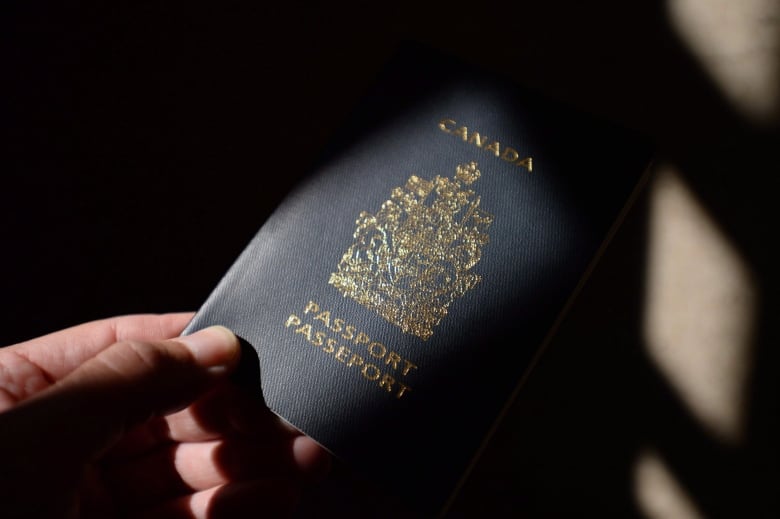Warning: this story contains offensive language
A report examining workplace racism at Immigration, Refugees and Citizenship Canada (IRCC) describes repeated instances of employees and supervisors using offensive terms with their racialized colleagues.
The 20-page document, compiled by the public opinion research company Pollara Strategic Insights, was presented to IRCC in June and recently posted online.
The report is based on ten two-hour focus groups with 54 IRCC employees Pollara conducted for the department in March.
Multiple employees told Pollara they’d heard racist language used in the workplace. The report describes what it calls multiple reports of racist “microagressions” in the IRCC workplace, including:
- Staff members describing a department section known for having a lot of racialized employees as “the ghetto.”
- Staff members asking to touch a racialized employee’s hair, or mocking the hairstyles of racialized employees.
- A manager calling Indigenous people lazy, or calling colonialism “good.”
- “Widespread” references in the workplace to certain African nations as “the dirty 30.”
“You just feel like, now that I’m speaking out, am I also going to be looked like as one of those angry Black women for speaking up?” the report quotes one employee as saying.
Racialized employees also told Pollara they’ve been passed over for international assignments and “professional development opportunities.” The report says one manager claimed that their evaluation of a racialized employee was overridden “by someone above them to promote a non-racialized employee instead.”
Racialized IRCC staffers told Pollara that they’re marginalized in the workplace — kept in “precarious temporary contract positions disproportionately and for a long time” which prevent them from “advocating for their own rights” to promotion or from speaking out against racist incidents.

Pollara also said participants in the focus groups warned that racism in the workplace “can and probably must impact case processing.” They cited “discriminatory rules for processing immigration applications for some countries or regions,” including additional financial document requirements for applicants from Nigeria.
CBC requested an interview with Immigration Minister Marco Mendicino two days ago but has yet to hear from him.

In a statement, IRCC said it takes the “opinions expressed in the focus groups very seriously” and is taking action.
Some of those actions predate Pollara’s research, such as the task force on eliminating racism launched by the IRCC back in July 2020.
The department said it is consulting with “external stakeholders on how to identify and address systemic barriers in policy and program delivery” and has implemented mandatory unconscious bias training for employees and executives. It also has named an anti-racism representative for each of its sections.
IRCC insisted it is committed to the fair and non-discriminatory application of immigration procedures.
This isn’t IRCC’s first attempt at a reckoning with workplace racism. In February 2021, the department held a town hall to discuss a survey some 2,712 employees completed on the subject last year.
According to a summary of that survey obtained by CBC News, 65 per cent of Black employees and 55 per cent of visible minorities reported experiencing micro-aggressions; that number was only 13 per cent among non-racialized employees.
Meanwhile, 53 per cent of non-racialized IRCC employees reported believing that “individuals of different races/ethnic origins” have the same career opportunities as white people; so did 48 per cent of Indigenous employees. But 55 per cent of visible minorities reported they have fewer such career opportunities.
More than a third of visible minority and Indigenous staff members surveyed said they were confident in the ability of IRCC’s leadership to create a workplace free of discrimination.







More Stories
Honda to invest $15B to build four new EV plants in Ontario | CBC News
Trudeau, Ford make electric vehicle announcement
TikTok vows to sue over potential U.S. ban. What’s the legal outlook? – National | Globalnews.ca